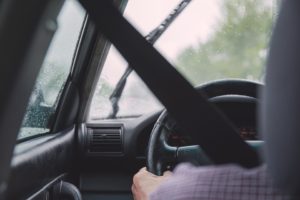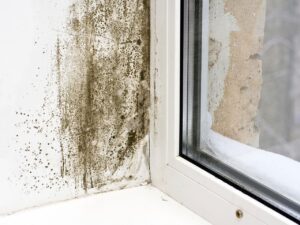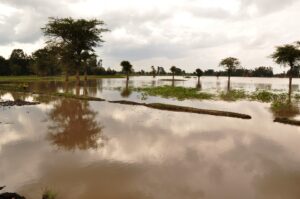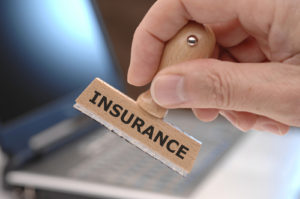 Courtesy of iii.org
Courtesy of iii.org
One in eight drivers on U.S. roads was without auto insurance in 2019, according to a report released today by the Insurance Research Council (IRC).
At-fault drivers who don’t comply with state insurance requirements raise insurance costs for everyone else. Insured drivers paid more than $13 billion in 2016 (about $78 per insured vehicle) for protection against at-fault drivers who have inadequate coverage for medical costs and property damage they inflict on others.
“Keeping auto insurance affordable is more difficult when a significant number of drivers refuse to carry their fair share of the costs,” said David Corum, vice president of the IRC.
While countrywide the uninsured motorist rate was 12.6 percent in 2019, these rates varied substantially across states, ranging from 3.1 percent in New Jersey to 29.4 percent in Mississippi.
Although the uninsured motorist rate increased only 1.2 percentage points nationwide from 2015-2019, several states experienced more significant increases, including Washington (6.9 percentage points), Rhode Island (6.8 percentage points) and Mississippi (6.4 percentage points). Other states experienced decreases in uninsured motorist rates, including Michigan (10.1 percentage points) and Delaware (2.9 percentage points).
The IRC report, Uninsured Motorists, 2021 Edition, examines data collected from 11 insurers representing 60 percent of the private passenger auto insurance market in 2019. For more information on the study’s methodology and findings, contact David Corum, at (484) 831-9046, or by e-mail at . For more information about the report, visit the IRC’s Web site at www.insurance-research.org.



